Poverty - The Biggest Evil Of Civilisation
Jan 26, 2019 • 8 views
In the simplest term, poverty may be defined as a social condition where individuals do not have financial means to meet the most basic standards of life that is acceptable by the society. Individuals experiencing poverty do not have the means to pay for basic needs of daily life like food, clothes and shelter.
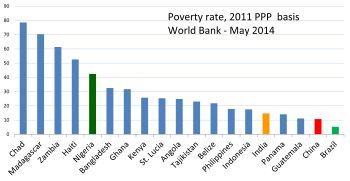
Poverty also staves people off from accessing much needed social tools of well-being like education and health requirements. The direct consequences stemming from this problem are hunger, malnutrition and susceptibility to diseases which have been identified as major problems across the world. It impacts individuals in a socio-psychological way with them not being able to afford simple recreational activities and getting progressively marginalized in the society.
The term poverty is interconnected with the notion of the poverty line/ threshold that may be defined as the minimum figure of income that is required in a particular country for maintaining the socially acceptable quality of life in terms of nutritional, clothing and sheltering needs. The World Bank has updated its international poverty line figures to 1.90 USD (Rs. 123.5) per day on October 2015 (based on prices of commodities in year 2011-2012), from 1.5 USD(Rs. 81) as a response to the changes in the cost of living across the world as per current economy. The organization estimates that – “Just over 900 million people globally lived under this line in 2012 (based on the latest available data), and we project that in 2015, just over 700 million are living in extreme poverty.”
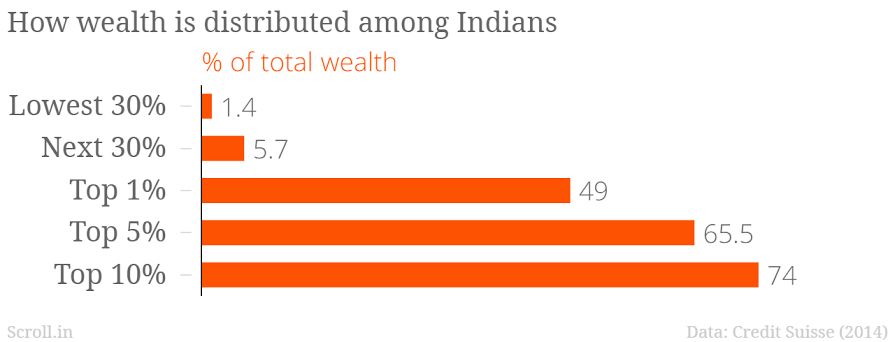
In India, broadly accepted definition of poverty emphasises more on minimum level of living rather than on reasonable level of living. Accordingly, it is broadly agreed that poverty can be termed as a situation where a section of the population fails to reach a certain minimum consumption standard. Differences arise with the fixing of this minimum consumption standard.
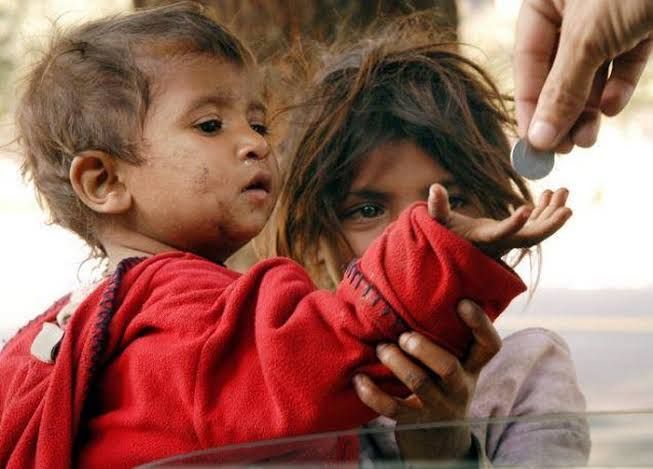
Ways to reduce Poverty
Although poverty is a huge problemand it cannot be stopped in short amount of time, but with some changes and the steps we can reduce the poverty in India. Since 1950s Indian Government and non-government bodies have taken many steps to reduce the poverty and they have succeeded. Following are the ways we stop poverty in India.
Population Control - As the rising population is the major reason behind the poverty, controlling the population can change the scenario and help India to reduce and stop the poverty in India.
Employment and Education for Poor- Providing education to poor people will help them to be qualified to get a job. Providing jobs to poor people will help them to improve their financial situation.
Skill Training - Training poor people skills that will help them to earn money is a way to reduce the poverty in India.
Making Agriculture Profitable - Agriculture the main source of food in any country. In India, agriculture is one of the main sources of employment for people in India. Making the agriculture sector profitable will lower the prices of food items hence making them affordable to the poor people.
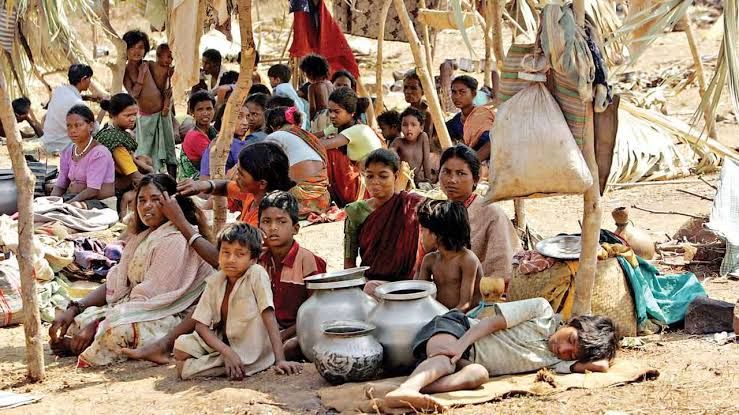
Although poverty is the major problem faced by India the scenario is changing. The standard of living is improving with coming years.That day isn’t far when India will escape from the chains of poverty.
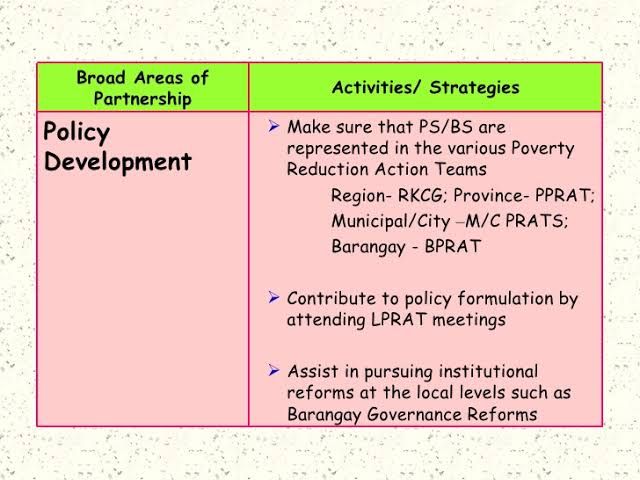
The media and the NGOs, besides other institutions have crucial role to play. The machinery involved in poverty alleviation need to be accountable, sensitised and sincere. New laws have to be evolved to ensure more accountability. The lack of transparency and accountability has hampered our economic development at all levels. A system of incentives and disincentives can also be of great importance. Thus, the situation is bound to change and society will be free from deprivation.
